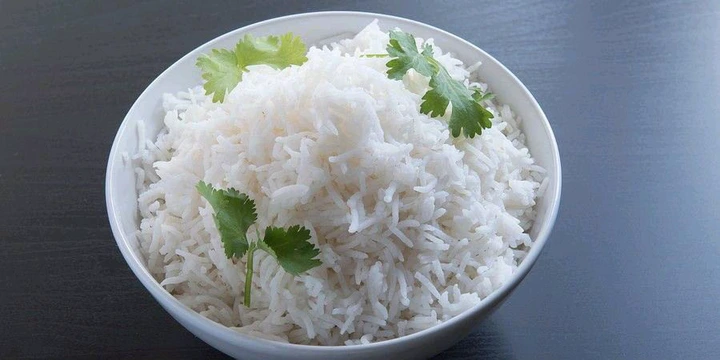White rice is a staple food for many people worldwide, but excessive consumption can lead to various health problems. One of the main concerns is its high glycemic index (GI), which causes rapid spikes in blood sugar levels. This can increase the risk of type 2 diabetes, especially in people with sedentary lifestyles or poor dietary habits. Unlike whole grains, white rice lacks fiber, which is essential for digestion and blood sugar control.
Another issue is weight gain. White rice is rich in carbohydrates but low in protein and fiber, leading to increased hunger and overeating. This can contribute to obesity and related health conditions such as heart disease and high blood pressure. Additionally, frequent consumption of white rice may raise the risk of metabolic syndrome, a condition linked to insulin resistance and cardiovascular diseases.
Nutritionally, white rice is stripped of essential vitamins and minerals during processing. It lacks significant amounts of magnesium, which is important for bone health, and B vitamins, which support metabolism. Relying heavily on white rice without balancing it with nutrient-rich foods can lead to deficiencies.
To maintain good health, it is advisable to replace white rice with whole grains like brown rice, quinoa, or millet, which offer more fiber and nutrients.
